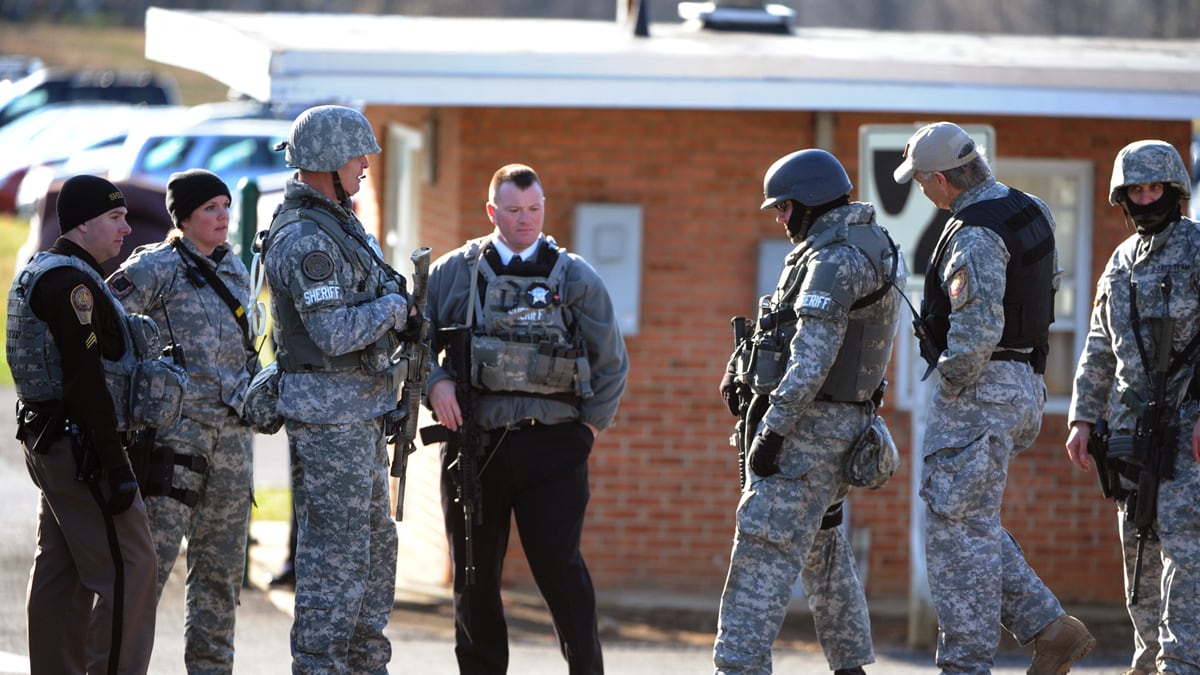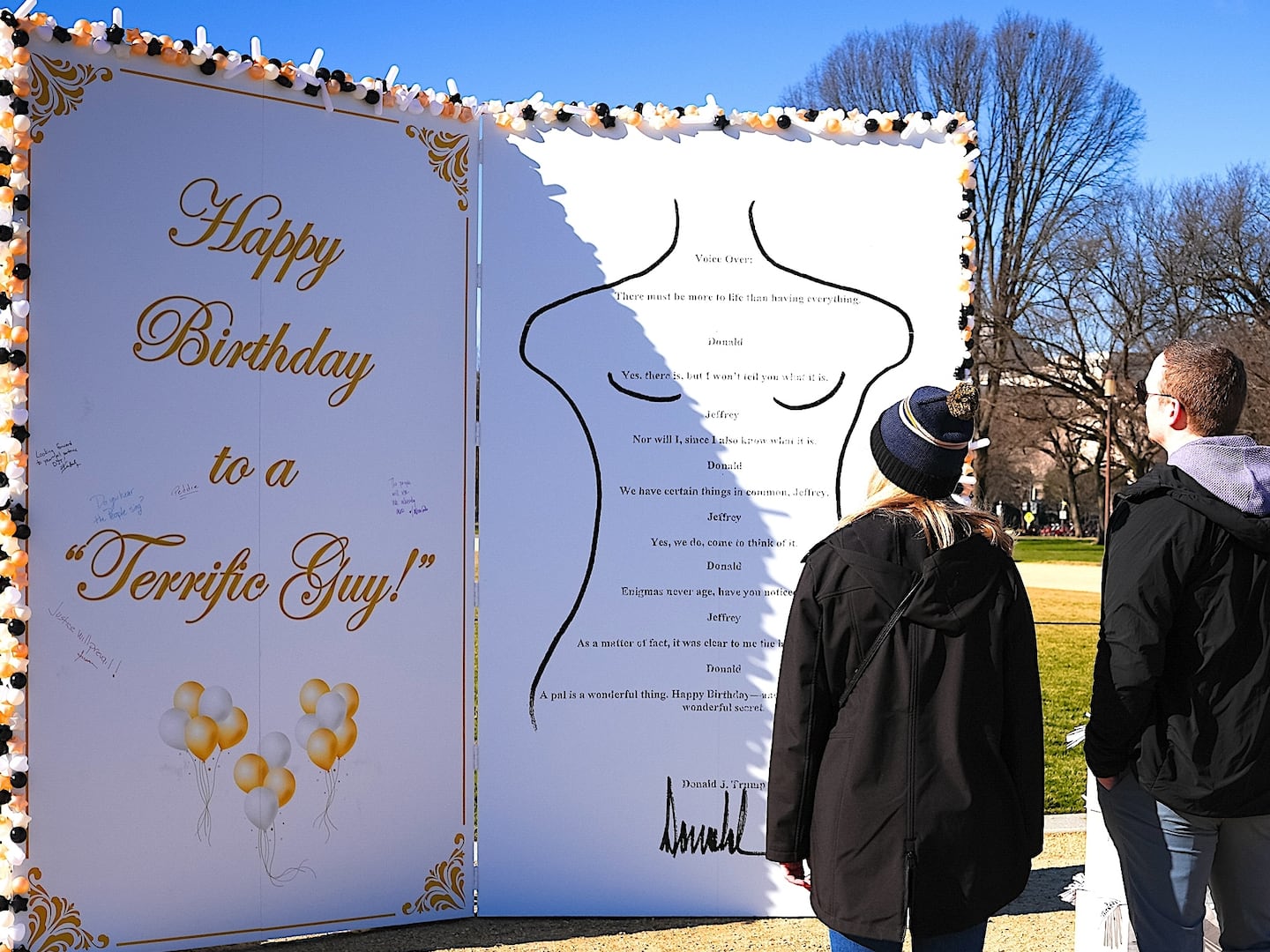The news of the shootings today at Virginia Tech conjured a terrible sense of déjà vu.
A police officer found dead in a campus parking lot; a shooter at large.
The university’s beefed-up alert system blitzed warnings for everyone to remain inside. Four hours of uncertainty passed before police announced the lockdown was lifted. They did not, however, confirm at that time whether or not the shooter had been identified or located.
“This was a difficult one for those of us who remember the last,” Lucinda Roy told The Daily Beast. Roy, an English professor at Virginia Tech, is the author of No Right to Remain Silent: What We've Learned From the Tragedy at Virginia Tech.
She wrote the book from a particularly personal perspective—Seung-Hui Cho, the shooter who left 32 people dead on the campus in April 2007, was one of her students. In 2005, Cho’s writing submissions caught her attention, for their violent and disturbing content.
Immediately following Cho’s shooting rampage, Roy describes a campus in shock.
“The days following the shooting were the worst I’ve ever experienced in my life. It was an absolute nightmare,” she said. “There was so much that was unknown at the time... There was a great deal of unmitigated grief, and grief like that is kind of monstrous.”

In the initial aftermath of Cho’s shooting spree, it was unclear whether or not he had acted alone; the school remained in a state of terrorized uncertainty.
After hearing of today’s shooting, Roy, who was not on campus, emailed all her students to be sure they were safe and to make herself available for those who wanted to talk.
The campus has changed in the last four years.
“I think students have learned how to adjust to this situation, and learn how to heed authorities and not go out,” she said.
The university’s alert system—much criticized four years ago—has since become much more sophisticated.
“I have to say, the alerts that came out today were excellent, I received them on my email, on my phone, on my home phone; it meant that we were in touch with what was going on.”
In fact, there are now so many alerts—this semester alone, as many as eight or 10—and they are typically so innocuous that “you got used to reading them and thinking that nothing too serious was coming,” Roy said.
Today’s shooting will jolt that sense of security.
“I feel our campuses are still vulnerable. Anyone can wander onto our campus at any time. I’ve had people wander into my classes I have no idea who they are, even since 2007.”






